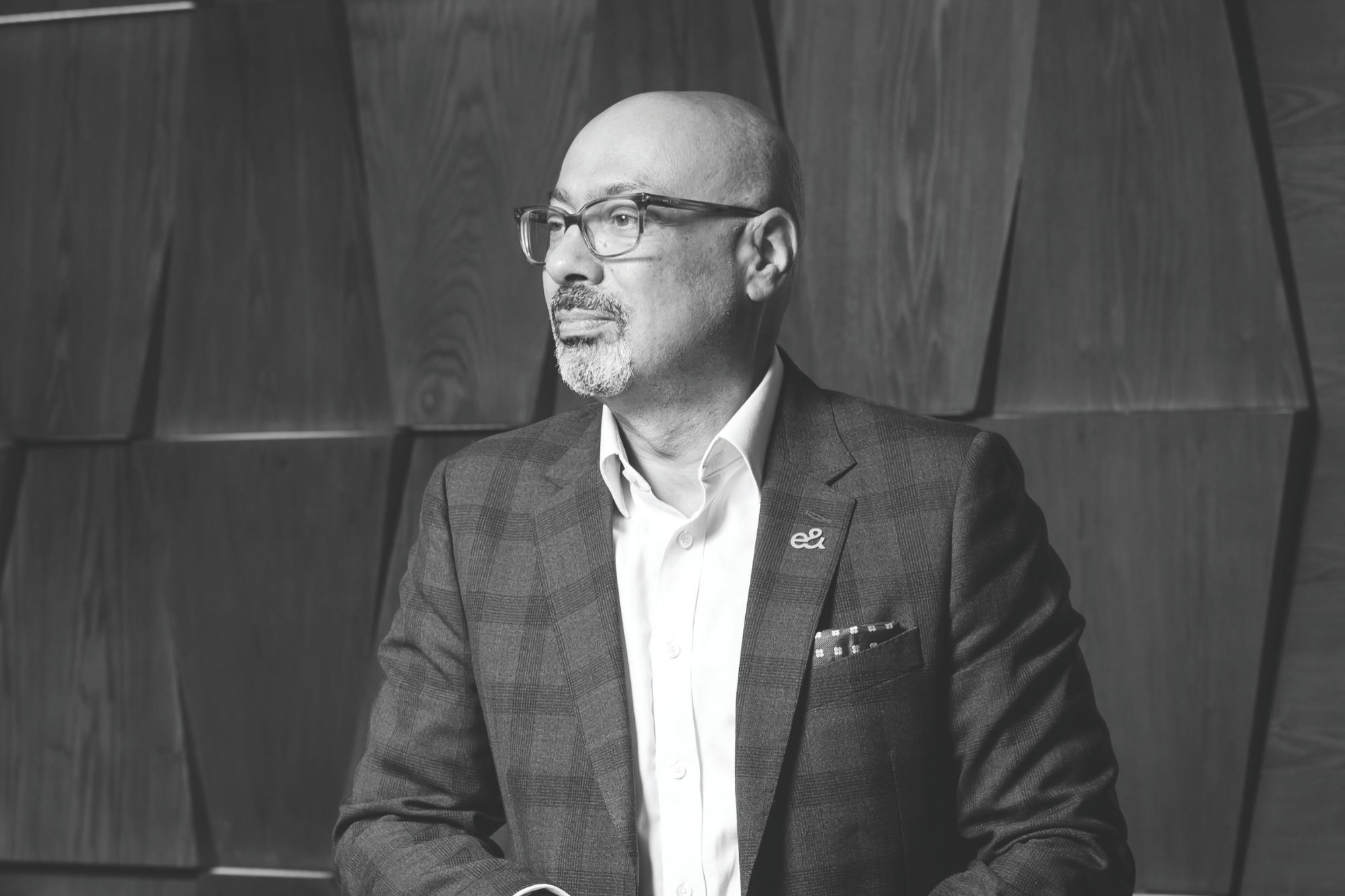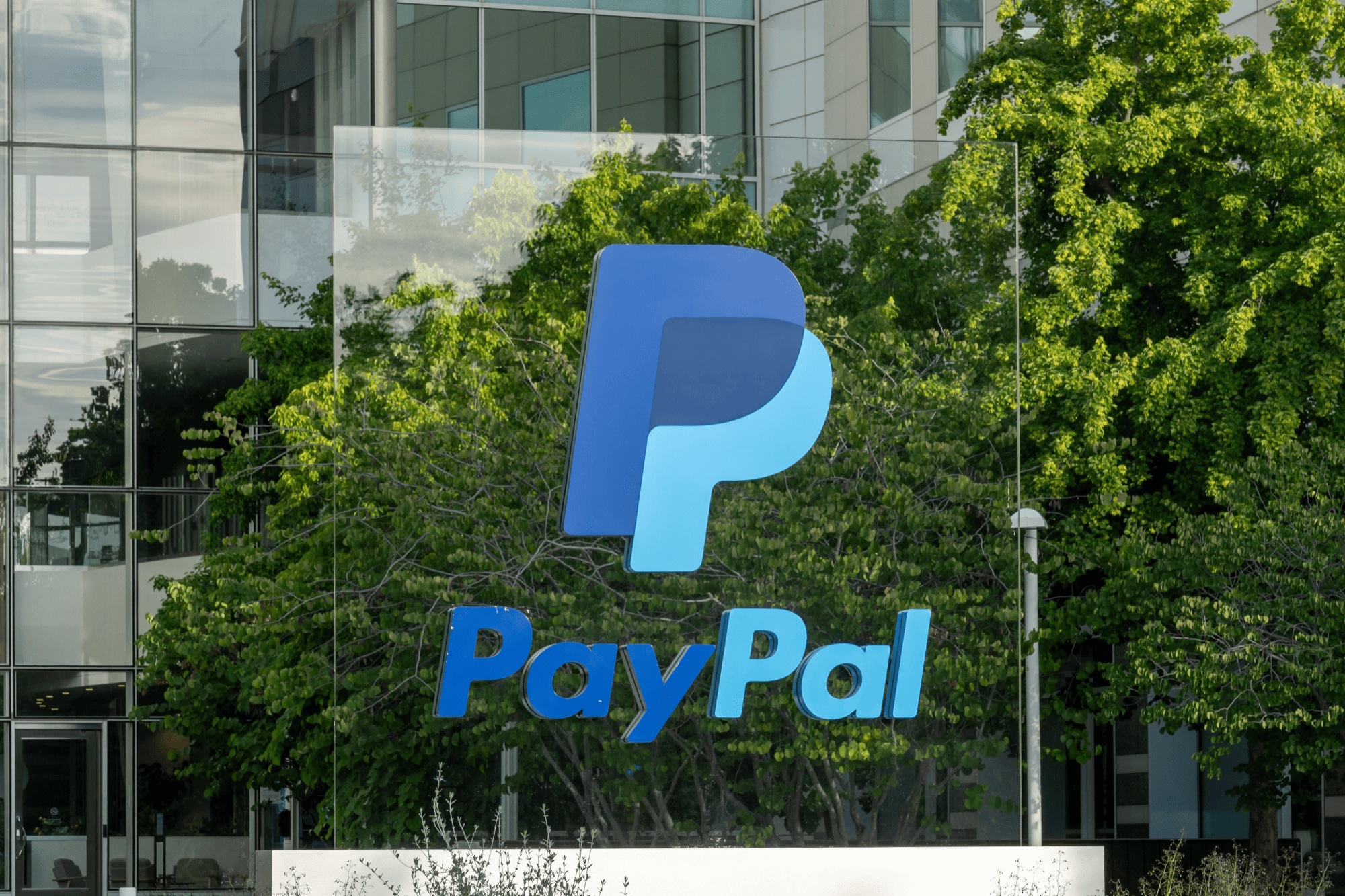Slowing Down to Speed Up: The Middle East' s New Entrepreneurial Edge What is growing, instead of resistance to the global standard, is a redefinition of it. A rebalancing of success on terms that speak to us — not simply where we are headed.
By Lida Nasiri
Opinions expressed by Entrepreneur contributors are their own.
You're reading Entrepreneur Middle East, an international franchise of Entrepreneur Media.

In an era where hustle culture has been romanticized, I'm here to offer you a firm, perhaps even a revolutionary, counter-narrative: slowing down is the new speed. And it's not merely a mindset — it's a strategic strength that I've witnessed driving the most thoughtful and resilient entrepreneurs in the Middle East.
As someone deeply embedded in the entrepreneurial ecosystem, I've been watching the shift up close. Founders are no longer building businesses just for the sake of scale — they're building from a place of alignment. What's happening here is not a trend; it's a renaissance of rhythm — one that values reflection over reaction and culture over chaos.
Cultural rhythm as strategy
The pace of the Middle East has been special — deeply intertwined with heritage, family, and religious pace. What I' m witnessing emerge now is a conscious shift to bring that pace to the forefront of business behaviours. Most visionary leaders I advise create space for context, silence, and nuance. They understand that a brand needs to breathe in order to grow. And they understand that speed without alignment does not equal acceleration — it creates fragmentation.
What is growing, instead of resistance to the global standard, is a redefinition of it. A rebalancing of success on terms that speak to us — not simply where we are headed.
Time Is the new status symbol
Time is more valuable than capital in the entrepreneurial economy today. The founders making the greatest impact aren 't working harder — they ' re working smarter. A recent Financial Times article dispelled the long-standing " 996" myth (9 am to 9 pm, 6 days a week), noting that innovators like Bill Gates and Reed Hastings do things differently. Jeff Bezos, for instance, has his most important meetings only after spending mornings with family — a habit based on availability rather than urgency. This ethos mirrors what I'm seeing in the region: founders are reclaiming time as their ultimate asset. Not as a luxury — but as a strategy. They ' re not seeking virality; they ' re crafting longevity.
Where men and women build in synergy
This shift isn't gendered — it's generational. In the majority of boardrooms and creative rooms I walk into, I' m observing men and women working not competitively, but in harmonious cooperation. They are transforming workplaces into spaces of trust and meaning in which purpose takes precedence over ego and status.
Years ago, we boasted about productivity. Now, we are basking in presence. And when you lead from presence, your message, your brand, your entire business speaks with authority.
Strategic slowing is not inaction — It'a mastery
Slowing down isn 't about doing less — it' s about doing what matters most. It' s about sharpening clarity, protecting creative energy, attracting aligned collaborations, and constructing with emotional smarts, not just KPIs.
My experience is that those founders who slow intentionally end up leading movements, not companies. They set the tone. They define culture. They create legacies.
Four practices of slowing with intention
To those who are willing to lead with this edge, I offer these practices — culled from working with some of the area's most deliberate thinkers
1. Design with rhythm in mind. Your creative fuel isn 't infinite. Protect your flow. Rest and strategy are allies.
2. Infuse your identity into your brand. Culture is currency. Draw on your heritage, rituals, and stories. Allow them to tell your story.
3. Say no with conviction. Strategic founders know that every "yes" is a cost. Decline distractions. Choose depth.
4. Lead through presence. The loudest person isn't always the leader. Listen deeply. Act precisely.
The vision of revolutionary acts
We're writing a new blueprint — one that's culturally intelligent, spiritually rooted, and strategically sharp. True scale is not a sprint. It's a score — composed over time, in tune with meaning, legacy, and intent. And the most resonant entrepreneurs I've met are not racing — they are composing symphonies of substance. They are the ones who know that silence is more potent than sound. That rest is more transformational than the rise. That business, it turns out, is not a sprint — but a rhythm. And those who can learn to contain it will not just create businesses. They will create movements. So the next time you are told to speed up, ask yourself instead, What am I building that will still matter in ten years — and why? That's not hesitation. That's legacy.











